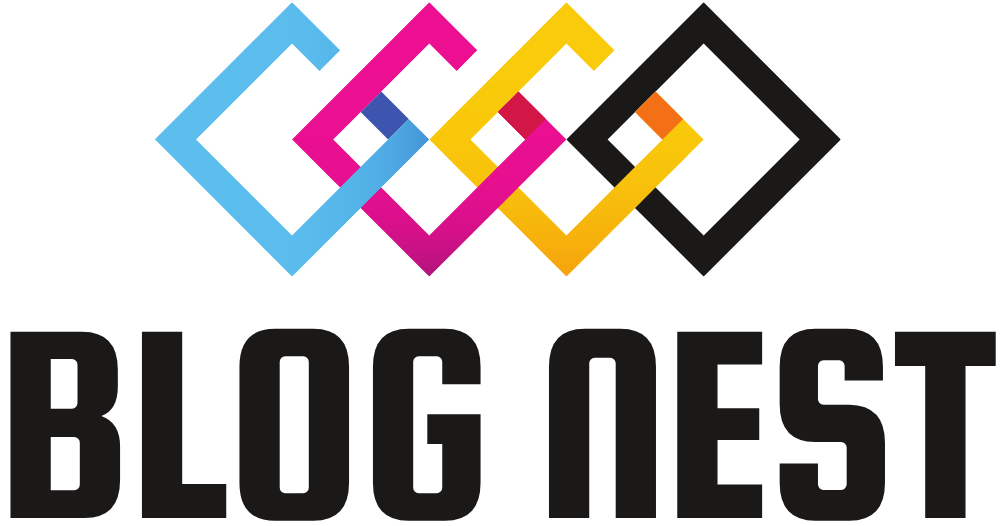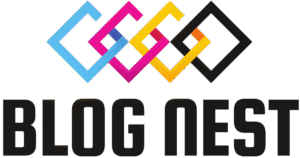Strategic planning isn’t just about setting goals; it’s about envisioning the future, understanding the present, and charting a clear course to bridge the gap. Without a structured approach, this can quickly devolve into unfocused conversations, internal disagreements, and a lack of actionable outcomes. Enter the strategic planning facilitator – an impartial expert who guides the process, ensuring every voice is heard, discussions remain productive, and a cohesive, actionable plan emerges.
Why Facilitation is Not a Luxury, But a Necessity
Many organizations attempt to conduct strategic planning internally, believing they can save resources. While admirable, this often leads to several pitfalls:
- Internal Biases: Team members, no matter how well-intentioned, often bring their own departmental or personal biases to the table, potentially skewing discussions and hindering objective analysis.
- Power Dynamics: Hierarchical structures can stifle open communication. Junior members might hesitate to challenge senior leaders, leading to unchallenged assumptions and missed opportunities.
- Lack of Structure: Without a pre-defined agenda and process, meetings can become unfocused, drifting from topic to topic without reaching concrete conclusions.
- Conflict Avoidance or Escalation: Unresolved conflicts or passive aggression can derail the entire process. A facilitator is adept at managing conflict constructively.
- “Groupthink”: The desire for harmony can lead to a lack of critical evaluation, where dissenting opinions are suppressed, resulting in suboptimal decisions.
A professional facilitator mitigates these risks by providing a neutral perspective, establishing clear ground rules, and employing proven methodologies to keep the planning process on track.
The Facilitator’s Toolkit: Key Roles and Responsibilities
A strategic planning facilitator is far more than just a meeting moderator. Their multifaceted role encompasses:
- Designing the Process: Before the first discussion even begins, the facilitator works with leadership to define the scope, objectives, and desired outcomes of the strategic planning initiative. They design a tailored agenda, select appropriate tools and techniques (e.g., SWOT analysis, PESTEL analysis, scenario planning), and determine the optimal timeline.
- Creating a Safe and Inclusive Environment: A key responsibility is fostering an atmosphere where all participants feel comfortable sharing their ideas, concerns, and perspectives without fear of judgment. This involves setting clear communication guidelines and encouraging active listening.
- Guiding Discussions and Maintaining Focus: The facilitator ensures conversations remain relevant to the strategic objectives. They skillfully redirect off-topic discussions, summarize key points, and pose insightful questions to stimulate deeper thought and critical analysis.
- Managing Group Dynamics: This is where a facilitator’s expertise truly shines. They identify and address power imbalances, mediate disagreements, and encourage constructive debate. They know how to energize a quiet group and gently rein in dominant personalities.
- Synthesizing Information and Building Consensus: As discussions unfold, the facilitator helps the group synthesize vast amounts of information, identify common themes, and pinpoint areas of agreement and disagreement. Their goal is to guide the group towards a shared understanding and consensus on critical decisions.
- Ensuring Actionable Outcomes: The ultimate aim of strategic planning is to produce a clear, actionable plan. The facilitator ensures that discussions lead to concrete decisions, clearly defined goals, measurable objectives, and assigned responsibilities. They help the group translate broad visions into specific, implementable steps.
- Impartiality and Objectivity: Perhaps the most crucial aspect of a facilitator’s role is their complete neutrality. They have no vested interest in any particular outcome, allowing them to objectively guide the process and challenge assumptions without bias.
The Tangible Benefits of Facilitated Strategic Planning
Investing in strategic planning facilitation yields significant returns for an organization:
- Richer, More Diverse Input: By ensuring all voices are heard and valued, facilitation unlocks a wider range of perspectives and ideas, leading to more innovative and robust strategies.
- Increased Buy-in and Commitment: When individuals feel heard and are actively involved in shaping the strategy, they are far more likely to embrace it and champion its implementation.
- Accelerated Decision-Making: A structured and guided process reduces wasted time and enables more efficient and effective decision-making.
- Improved Communication and Collaboration: The collaborative nature of facilitated planning strengthens internal relationships and fosters a culture of open communication.
- Clearer, More Actionable Plans: The output is a well-defined strategic plan with clear goals, measurable objectives, and assigned responsibilities, making implementation more straightforward.
- Enhanced Organizational Learning: The process itself becomes a learning opportunity, deepening the team’s understanding of the organization’s strengths, weaknesses, opportunities, and threats.
Choosing the Right Facilitator
When selecting a strategic planning facilitator, look for someone with:
- Proven Experience: A track record of successful strategic planning engagements across diverse industries.
- Strong Communication and Interpersonal Skills: The ability to connect with people, listen actively, and articulate complex ideas clearly.
- Deep Understanding of Strategic Frameworks: Familiarity with various planning methodologies and tools.
- Impartiality and Objectivity: A commitment to neutrality and guiding the group without personal agenda.
- Adaptability: The capacity to adjust their approach based on the specific needs and dynamics of the group.
In conclusion, strategic planning facilitation is not merely a service; it’s an investment in your organization’s future. By bringing in a skilled and impartial guide, you empower your team to overcome common hurdles, unlock their collective intelligence, and forge a clear, actionable path toward sustained success. Don’t let your strategic planning efforts fall flat; embrace the power of facilitation and transform your vision into reality.







